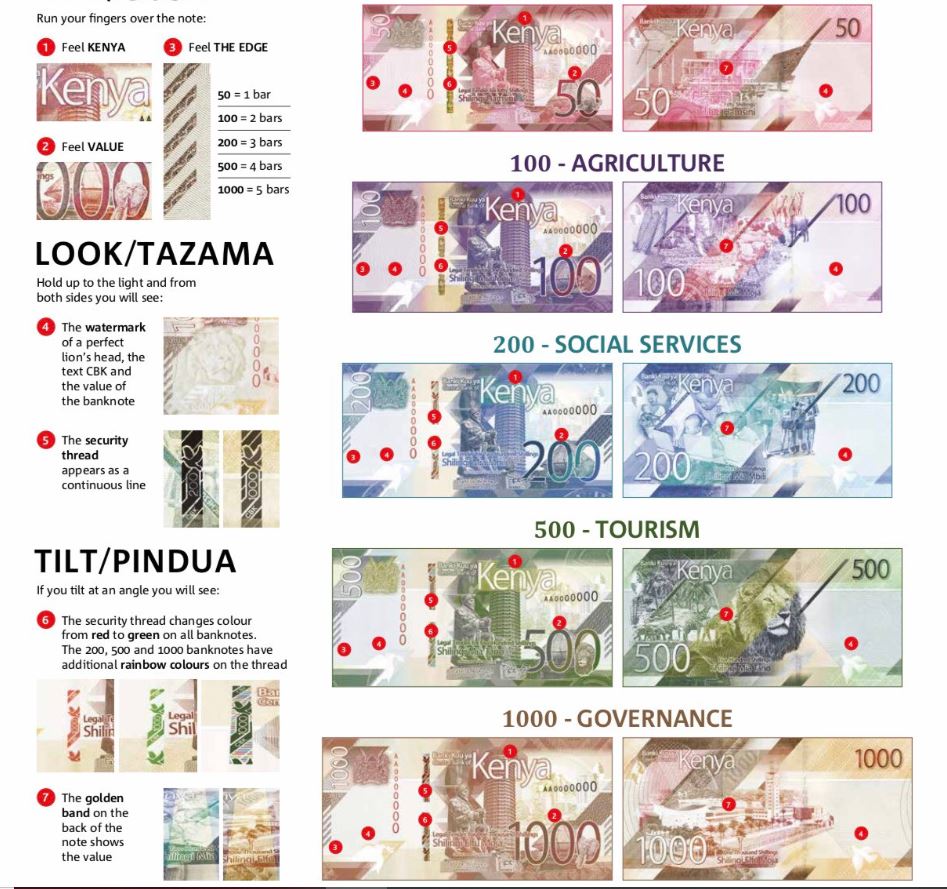
Ethiopia’s Abiy Ahmed (left) and Eritrea’s Isaias Afwerki (right) have ended travel restrictions between the two countries
UN Lifts Eritrea Sanction, Nine Years After
The peace moves by Ethiopia Prime Minister, Abiy Ahmed to secure peace between Ethiopia and Eritrea has gained another dimension of success as the United Nations (UN) Security Council has unanimously agreed to lift sanctions against Eritrea after nine years.
The resolution, backed by 13 votes in favour, was passed after the UN Security Council accused Eritrea of arming, training and equipping armed groups including al-Shabab.
An arms embargo, asset freeze, and travel ban were imposed in 2009 amid claims Eritrea supported al-Shabab militants in Somalia. Eritrea always denied the accusations.
The resolution, drafted by the UK, was backed by the US and its allies.
The UN vote comes amid a thaw in relations between Eritrea and its neighbours following years of conflict.
BBC World Service Africa editor Mary Harper says the politically repressive state had long been a global pariah, and was likened by some commentators to North Korea.
Eritrea agreed a peace deal with Ethiopia in June following two decades of animosity, while the leader of Eritrea and the UN-backed government in Somalia recently signed a joint cooperation agreement.
The Eritrean government has always denied supporting al-Shabab militants, calling the claim a “fabrication” created by US intelligence officials. Ethiopia is a close ally of the US, especially in the fight against al-Shabab.
Healing for Ethiopia and Eritrea started when Abiy, upon assumption of office earlier in the year initiated reconciliation in the Horn of Africa.
20 years after the three-year Eritrean–Ethiopian War which severed peace and relationship between Ethiopia and Eritrea, the countries have made peace this July following moves by Ethiopian Prime Minster, Abiy Ahmed.
ALSO READ:
Ethiopia’s prime minister Hailemariam resigns
The two poor countries at the horn of Africa have announced a football friendly match in August as a means of deepening the new bond. That will be the first football match between Ethiopia and Eritrea since 1998. Newly appointed Ethiopia coach Abraham Mebratu is expected to choose the exact date of the match in August.
The coach reportedly wants to prepare his charges for the friendly in the Eritrean capital and the Afcon qualifier against Sierra Leone.
The Ethiopian Football Federation (EFF) and its Eritrean counterpart have agreed to stage a historic friendly game between the two nations in Asmara next month.
Both nations have been avoiding games that pitted them against each other since the 1998-2002 border war. But they now want to play again, following Ethiopia and Eritrea’s diplomatic thaw and declaration that the “state of war” is over.
Ethiopia boycotted games against Eritrea in 2000 and the 2010 Council for East and Central Africa Football Associations (Cecefa) Under-20 tournament, which was hosted in the capital, Asmara.
Eritrea, meanwhile, failed to take part in the 2015 Cecefa senior challenge cup. It also forfeited the 2014 African Nations Championship first-round qualifier against Ethiopia.
The Eritrean–Ethiopian War, one of the conflicts in the Horn of Africa, took place between Ethiopia and Eritrea from May 1998 to June 2000, with the final peace only agreed to in 2018, twenty years after the initial confrontation. While Eritrea and Ethiopia—two of the world’s poorest countries—spent hundreds of millions of dollars on the war and suffered tens of thousands of casualties as a direct consequence of the conflict, only minor border changes resulted.
According to a ruling by an international commission in The Hague, Eritrea broke international law and triggered the war by invading Ethiopian territory. At the end of the war, Ethiopia held all of the disputed territory and had advanced into Eritrea. After the war ended, the Eritrea–Ethiopia Boundary Commission, a body founded by the UN, established that Badme, the disputed territory at the heart of the conflict, belongs to Eritrea. As of 2018, Ethiopians still occupy the territory near Badme, including the town of Badme. On 5 June 2018, Ethiopian ruling coalition, headed by Prime Minister Abiy Ahmed, agreed to fully implement the peace treaty signed with Eritrea in 2000, with peace declared by both parties in July 2018.
When they were imposed, Araya Desta, Eritrea’s ambassador to the UN, dismissed the sanctions as “ludicrous punitive measures”.
Eritrea occupies a strategic location on the Red Sea, which connects Europe, Africa and the East. However, its economy has suffered after years of sanctions.
The Eritrean government now says it wants compensation for the sanctions, which it insists were politically motivated.




Recent Comments